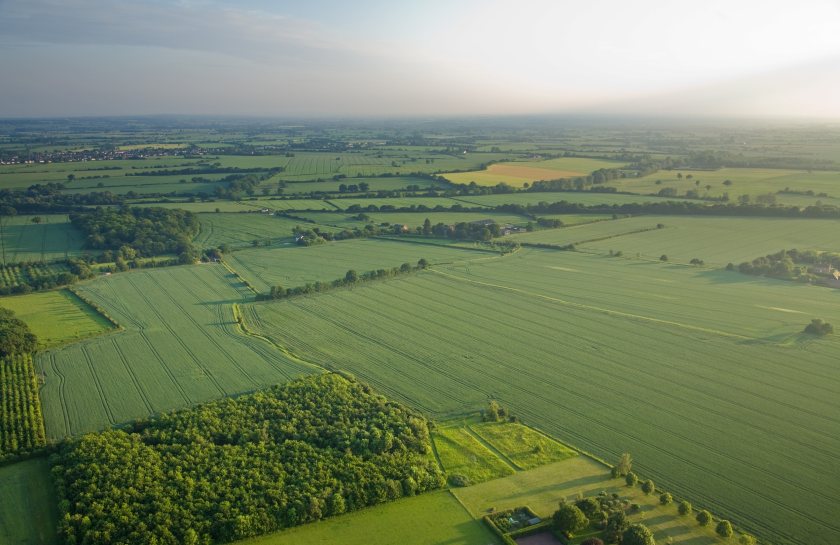
Britain is just as vulnerable to food shortages today as it was before Covid, with the head of the NFU warning that the country’s heavy reliance on imports is a ‘criminal’ risk to national security.
Speaking to Sky News, NFU president Tom Bradshaw said Britain’s reliance on imports for key foods amounts to a “criminal” level of dependence.
“If we carry on like this for another decade, it will be too late to turn the tap back on,” he told the broadcaster.
“We’re living in probably some of the most volatile geopolitical times we’ve known. If we are worried enough to be investing more in defence, we should be having the same conversation about food security. Why are we less than 20% self-sufficient in fruit? That is criminal.”
Government figures highlight the scale of the challenge. Defra data shows the UK produced just 65% of the food it consumed in 2023, down from 78% in the mid-1980s.
Self-sufficiency in fresh vegetables has slumped to 53% – the lowest since records began in 1988 – while fruit production covers just 16% of national demand.
Potato production is also at its lowest level for more than a decade. Meanwhile, the UK is expected to produce only 15% of its vegetable oil needs this year, compared with 40% just a decade ago.
Since the 1980s, successive governments have increasingly left food supply to the free market in a bid to cut costs, leaving Britain exposed to external shocks.
Labour has pledged to treat food security as national security. MPs have gone further, urging the government to increase domestic food production by 30% by 2050.
With fertile soils, a temperate climate, a skilled farming sector and world-class agri-science, they argue Britain is well-placed to reverse its decline — but warn the current trajectory is unsustainable.
George Freeman MP, who chairs the All-Party Parliamentary Group on Science and Technology in Agriculture, welcomed the government’s stated ambition but questioned whether existing policies are robust enough.
“We have to ask whether the state of affairs this government has inherited — and the policies put in place by the previous administration — are likely to support an ambition for the nation’s farmers to produce more food,” he said.
“This isn’t about talking the industry down. Britain is well-placed to produce more food, more sustainably, and to reduce our dependence on food imports.”
Mr Bradshaw’s warning comes amid wider alarm from campaigners and experts, including Professor Tim Benton, the UK’s former food security ambassador.
He cautioned to Sky News that geopolitical instability and climate disasters are intensifying the risks.
“Increasingly, it’s easy to imagine a prolonged acute problem arising from a major global shock,” Mr Benton said.
“At some stage, the brown stuff will hit the fan and government will have to invest in new ways to make sure the system works.”
